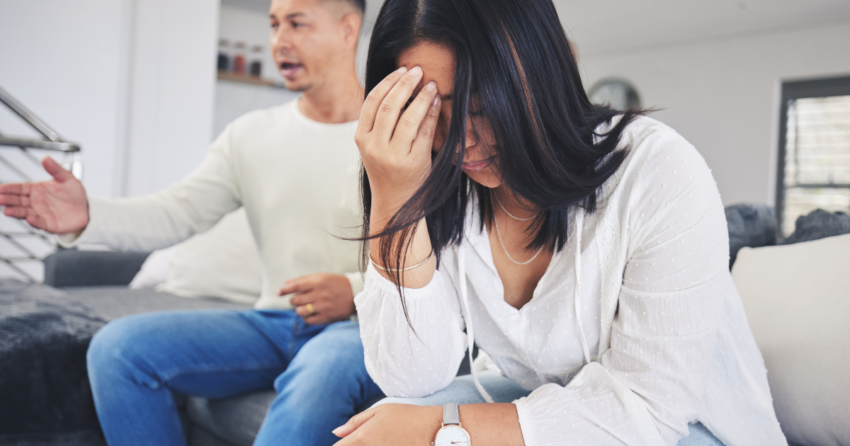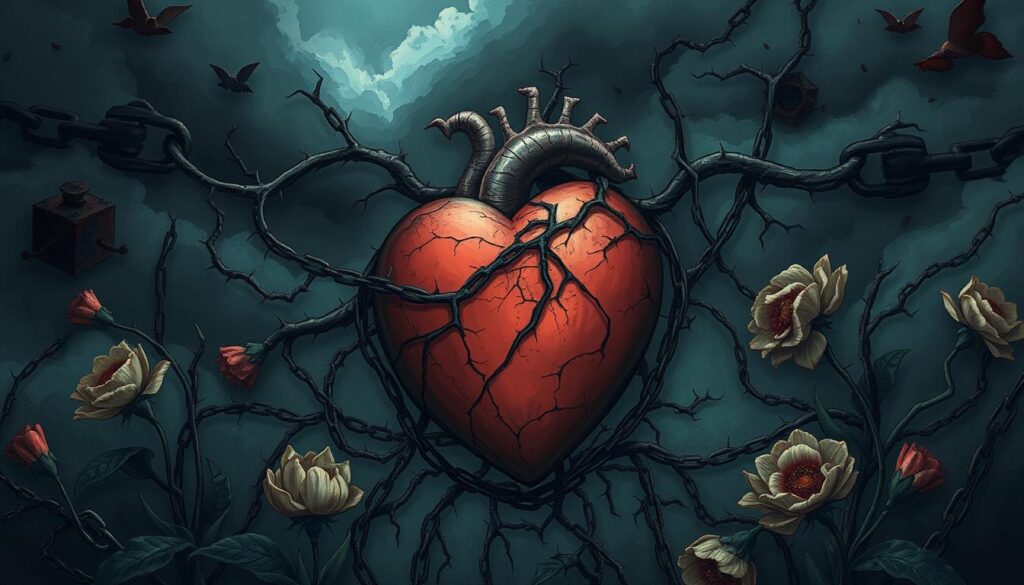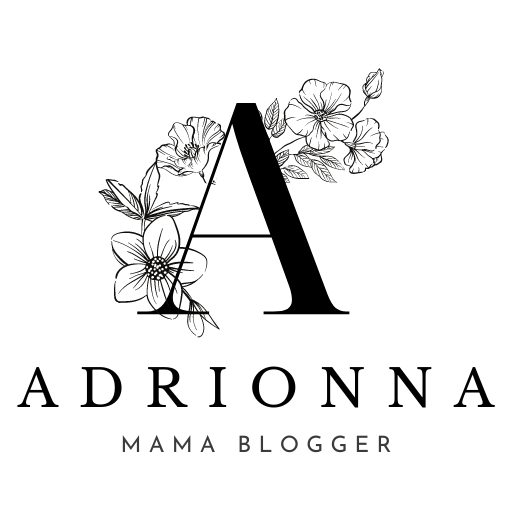Toxic Love Alert: 8 Red Flags You Can’t Ignore

Love is a strong force that connects us and makes our lives richer. But, not all love is good. Some can hurt us deeply and make us feel stuck. I’ve been in a bad relationship before. I learned to spot the warning signs early.
In this article, we’ll look at 8 important signs of a bad relationship. These signs show when a relationship might harm you. Knowing these signs helps you stay safe and choose better for yourself. You should feel uplifted, not pulled down, by love.

Key Takeaways
- Toxic relationships can be emotionally as harmful as physical abuse.
- Jealousy and possessiveness in a relationship often signify underlying issues.
- Healthy communication and commitment are essential for relationship stability.
- Rushing into a relationship or constantly criticizing a partner can indicate manipulation.
- Observing how a date treats others can reveal their true character and values.
Frequent Lying
In any relationship, constant dishonesty and deception are big red flags. Even small lies can hurt the trust needed for a healthy bond. If you consistently catch your partner in lies, it’s a big warning.
Why Constant Dishonesty Is a Major Red Flag
Trust is key in relationships. Lies in relationships, big or small, hurt that trust. Dishonesty red flags can be about little things or big secrets.
These trust issues make it hard to build relationship trust. They can damage a strong, lasting bond.
Examples of Small and Big Lies in Relationships
- Dishonesty about their whereabouts or daily activities
- Exaggerating or minimizing their accomplishments or failures
- Lying about their spending habits or financial situation
- Hiding the extent of their involvement with an ex-partner
- Denying or downplaying infidelity or emotional affairs
No matter the size of the lies in relationships, dishonesty red flags and deception warning signs show trust issues. Fixing these trust issues and rebuilding relationship trust is crucial for a healthy partnership.
Constant Criticism and Belittling
Frequent emotional abuse through constant partner criticism and put-downs can hurt your self-esteem and relationship self-esteem. Even if called “jokes,” these comments can make you feel anxious and unworthy. They target your intelligence, appearance, or other personal traits.
How Put-Downs Affect Self-Esteem
This emotional abuse is a big warning sign. It’s when your partner makes you feel less than often. This can lower your confidence and make you doubt your worth.
Over time, these constant criticisms can stop you from growing and being happy in your relationship.
Signs of Emotional Abuse Through Criticism
- Your partner often makes mean comments about your looks, smarts, or other qualities.
- You get nervous before your partner gives feedback, expecting it to be negative.
- Your partner’s “jokes” or jokes often hurt and make you feel less confident.
- You always try to be careful with what you say, fearing criticism.
It’s important to talk to your partner about this partner criticism behavior. Set clear rules for how you should talk to each other. By spotting the signs of emotional abuse and protecting your self-esteem, you can feel better and have a healthier relationship.
An Unwillingness to Compromise
In a good relationship, both people should be ready to give in and think about each other’s wants. But, if your partner never wants to give in, even on small things, it can make things unfair. You might feel like you’re always giving in and getting mad about it.
Relationships need both people to give and take. If your partner doesn’t want to give in, it might mean the relationship isn’t as strong as it should be. It could also mean they don’t really care about your feelings or what you need.
When one person always puts their own needs first and won’t find a middle ground, it hurts the trust and understanding in the relationship. This can make you feel stuck, mad, and alone in your feelings.
“Compromising is not about losing; it’s about finding a middle ground that works for everyone involved.” – Unknown
To keep a healthy relationship dynamic, both should talk openly, listen well, and find solutions that work for everyone. This relationship balance and mutual understanding are key for a happy, lasting relationship.
If you always feel like you’re giving in or your needs aren’t being heard, it’s time to think about the relationship. Talking to friends, family, or a therapist can help you understand this unwillingness to compromise better.
8 Signs Of Red Flags In A Relationship
What Qualifies as a Relationship Red Flag
Relationship red flags are warning signs in a partnership. They show unhealthy patterns or behaviors. These can be lies, too much criticism, controlling, or not talking well.
Some red flags are clear, but others are subtle. This is especially true when we’re in love or infatuated. It’s hard to see these signs then.
Why Red Flags Are Easy to Miss Initially
Knowing these red flags is key. Ignoring them can lead to bigger problems. Here’s why we might miss them:
- Infatuation and Idealization: At the start, we see our partner as perfect. We ignore their flaws.
- Normalization of Unhealthy Behavior: Past bad relationships can make us overlook new ones. We think it’s normal.
- Desire for a Successful Relationship: We want our relationship to work. So, we ignore red flags, hoping they’ll change.
- Lack of Self-Awareness: Not knowing what we want or need makes spotting red flags harder.
Being aware of these issues helps. Learning about healthy relationships helps us spot red flags early. This way, we can fix problems before they get worse.

Controlling Behavior and Excessive Jealousy
Controlling behavior and too much jealousy are big warning signs. They can start small but grow fast. This can hurt your relationship and make you feel less important.
Examples of Controlling Partner Behavior
Controlling partners might try to control your social life. They might check up on you a lot. Or make you feel bad for hanging out with friends and family.
They might also watch your messages and want your passwords. They say it’s for trust. But it’s really about wanting to control you.
Impact of Jealousy on Relationship Quality
Jealousy that makes you feel trapped is a big warning sign. Partners who are too jealous might not let you see your loved ones. This can turn into abuse as they try to control everything about you.
Talking to your partner about these issues is key. It shows they don’t trust you and want to control you.
“Unhealthy jealous behavior can lead to emotional and physical abuse, starting with behaviors like suspicion, surveillance, and controlling actions.”
A good relationship has respect, trust, and freedom. If your partner’s jealousy or control is hurting these, it’s time to think about yourself.
Lack of Healthy Open Communication
Good communication is key in any relationship. If your partner can’t or won’t talk openly, it’s a big warning sign. Signs include being passive-aggressive, avoiding tough talks, or showing anger in a bad way.
Relationships need a safe place for both to share thoughts and feelings. Without good communication, issues pile up, leading to resentment and an unstable relationship. In fact, 75% of relationships face communication issues that ultimately contribute to conflict and dissatisfaction.
Boundaries and Trust are Key
Boundaries help keep a relationship healthy. Crossing them can cause trouble and fights. Studies show that relationships without clear boundaries are 60% more likely to have disagreements and tensions.
Trust is also vital. Dishonesty or cheating can ruin a relationship. Sadly, 80% of relationships without trust end up breaking down.
Addressing Communication Challenges
- Communicate Openly: Talk about worries with your partner calmly and openly.
- Set Boundaries: Make clear emotional and physical limits.
- Seek Professional Help: Think about couples counseling or therapy to get better at talking.
- Evaluate the Relationship: Think about if the relationship fits your values and needs.
- Lean on Support Networks: Talk to friends, family, or support groups for help.
By tackling communication problems and building trust and respect, you can make your relationship better and more fulfilling.

Anger Management Issues
Uncontrolled anger is a big problem in any relationship. If your partner often gets angry or uses anger to scare you, it’s not safe. Healthy relationships let both people talk things out without fear of anger.
Anger issues can lead to emotional abuse and make one person feel scared all the time. It’s important to talk to your partner about this. Make sure your relationship is safe and supportive. It should help with emotional regulation, conflict resolution, and relationship safety.
Why Uncontrolled Anger Is a Relationship Danger
Many couples struggle with anger, resentment, and talking things out. Feeling angry is normal. But, healthy anger is when you can show it without hurting your partner.
Unhealthy anger can be very harmful. It might include physical or emotional abuse. This makes your relationship unsafe and unstable.
Couples need to learn to manage their anger well. They should talk things out in a healthy way. This stops anger issues from ruining your relationship. It’s key to keep your partnership safe and supportive.
Conclusion
It’s key to know the signs of a bad relationship for your own good. Look out for things like lying, constant criticism, controlling, and bad talking. These signs help you decide if a relationship is right for you.
Being aware of these signs lets you act fast. Always put your emotional health first. This way, you can find the right kind of relationship for you.
Spotting bad signs in a relationship is the first step to change. Stay alert and listen to your gut. This helps keep you safe and leads to better relationships.



